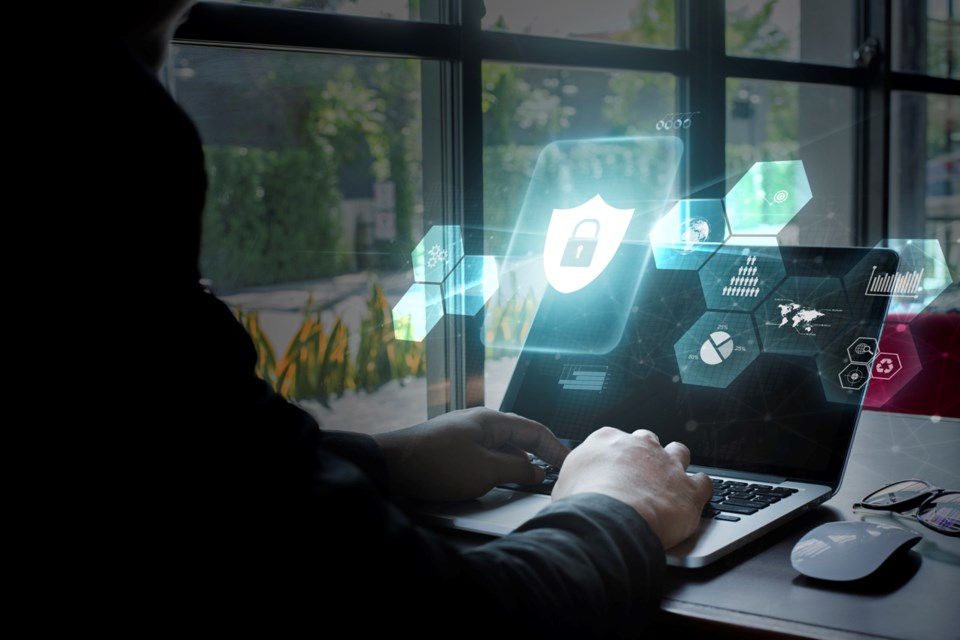As we approach the beginning of the new school year, teachers, administrators and families are adapting to the prospect of an unusual first day out.
Classes for elementary, middle and secondary students will begin under Phase 2of BC's Back to School Plan, which provides for mostly in-person learning.
However, there are also plans in place to offer varying degrees of online learning. With this in mind, Better Business Bureau(BBB) encourages everyone to make online safety a priority and avoid being easy targets for fraudsters, by considering the following tips:
Tips for parents
· Keep track of your child's activities online.Know what your child is doing online, and keep track of the social media sites and accounts they are accessing. Children have been known to create online accounts using false information like fabricated birthdates, in order to meet the minimum age requirement for a site, without understanding the risk of their actions. Some of these platforms are ripe with ill-intentioned strangers. Others are designed to collect and sell unauthorized user details and behaviours to advertisers looking to engage in targeted marketing. Consider using parental controls if necessary to help with monitoring their activities. Android, iOS, and most web browsers offer built-in features for this.
· Warn children about entering contests and giveaways online. Generally speaking, the entry forms for these competitions collect a hefty amount of personal information. However, there are many instances where scammers manipulate them to collect personal or financial information that could lead to identity theft. Make sure your child does not have access to banking or credit card information, and supervise the filling out of any forms. This also includes removing credit cards stored on devices your child will be actively using.
· Do not click on strange links. Adults are not the only ones who receive spam and junk mail. Kids often get junk mail, and since they do not have much online experience, they may innocently click on links and answer questions that share private information with the wrong people. Have conversations with your children about how to treat unknown emails that contain links and attachments.
· Double check downloads. Many websites allow children to download free media. However, they may not realize that these sites often come with the risk of downloading a virus, allowing identity thieves to access the gaming device, personal computer or even cell phone that is being used. From there, the cyberthief can track financial transactions, physical location or even tap into the household wifi without anyone knowing it.
· Share with care. Help children to understand that any information they share online can easily be copied and is almost impossible to take back. Talk to them about who might see a post and how it might be perceived in the future, and show them how anything they do online can positively, or negatively, impact other people. Sharing personal information can also give online thieves an idea of what login information or passwords might be used for banking accounts or other online accounts.
Teachers and administrators
· Secure videoconferencing tools.Ensure the online software used to deliver lectures, classroom work and other online interactions is secure. The days of Zoom bombing, phishing and other forms of cyber criminal activity are not over.
· Evaluate and update cybersecurity plans.Schools have a wealth of data and information for children, parents, educators and other staff. It is important to have a plan in the event of a data breach or security problem once classes are back in session.
Keep a clean machine and update devices that connect to the internet.Backing up critical lesson plans, personal information and assignments is the best defence against viruses, malware and other online threats. Also, stay up to date on the most current software to protect against these risks.



